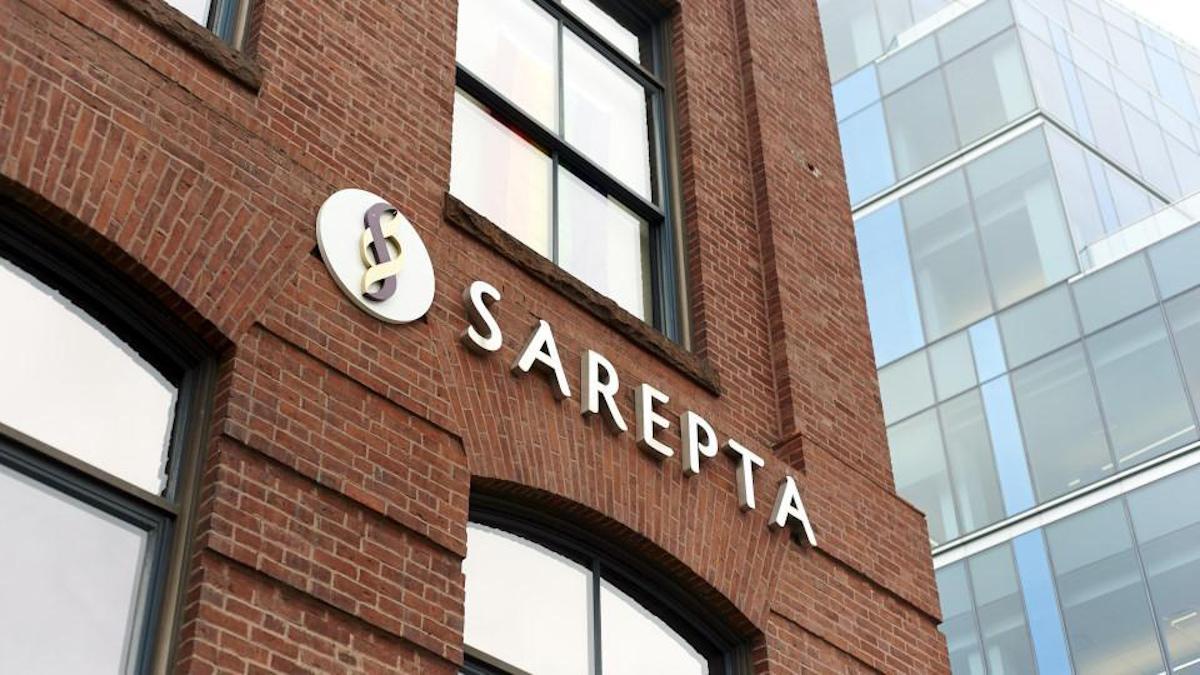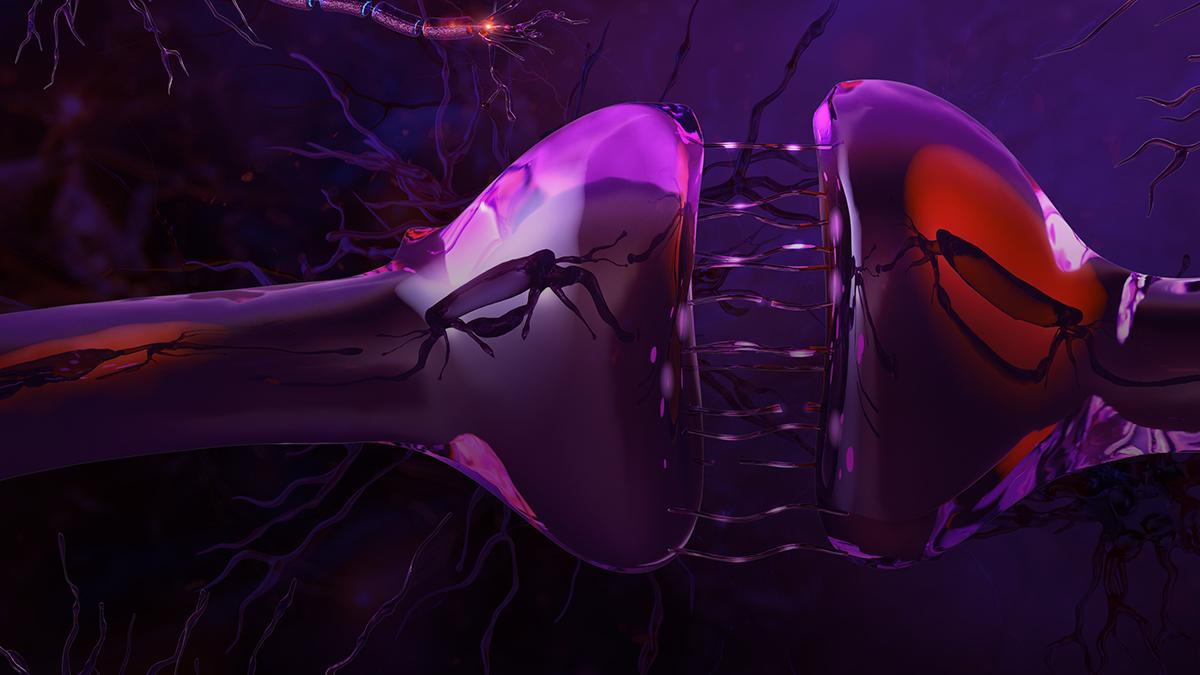Sarepta slumps on Elevidys patient death

The death of a patient treated with Sarepta's Duchenne muscular dystrophy (DMD) gene therapy Elevidys has played havoc with its share price – although analysts believe that its benefits still outweigh its risks.
The tragic death of the 16-year-old boy came as a result of acute liver failure, which is a known side effect of Elevidys and listed on its labelling and is thought to be linked to the adeno-associated virus (AAV) used to deliver the genetic material.
It is, however, the first time that a patient taking the one-shot drug has died due to liver toxicity, and Sarepta has indicated that it will update the prescribing information to mention the death.
Sarepta said that treatment in this case – which took place in December – may have been complicated by an accompanying infection with cytomegalovirus (CMV), which can infect and damage the liver, causing hepatitis.
Despite that reassurance, shares in Sarepta fell more than a quarter in the wake of the announcement to approach its 52-week low.
It's worth noting that Elevidys (delandistrogene moxeparvovec) has been used to treat more than 800 DMD patients – either in trials or as a prescribed therapy – and analysts at Piper Sandler said in a research note that they do not think there is any risk that it will be withdrawn from the market.
"Patient safety and well-being are Sarepta's top priority," said the company in a statement. "We continue to gather and analyse the information from this event [which] has been reported to the relevant health authorities, clinical study investigators and prescribing physicians."
Elevidys received accelerated approval by the FDA as a treatment for boys aged between four and five years who are able to walk (ambulatory), and that was converted to full approval last as its label was also expanded to include patients aged four and over.
Fuelled by a list price of $3.2 million, sales have started to ramp up, with Sarepta booking $384 million from the gene therapy in the last quarter of 2024 – reinforcing its potential blockbuster credentials.
That swift growth reflects the fact that it remains the only gene therapy FDA-approved to treat DMD after closest rival Pfizer abandoned the development of its fordadistrogene movaparvovec candidate last year – a decision that followed lacklustre phase 3 data as well as the death of a patient in an earlier trial from a cardiac arrest.
Elevidys trajectory has been impressive despite its failure to hit the primary goal of the EMBARK pivotal study that underpinned its expanded approval last June.












